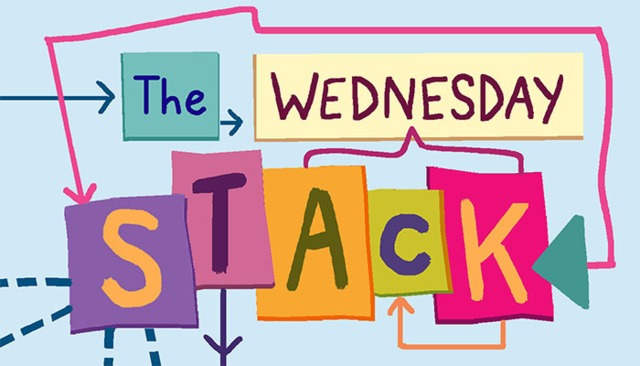There’s data, there’s big data, and then there’s really big data. Earlier this year I heard from Japanese-founded Treasure Data about how they were leveraging Hadoop, the open platform big data-processing framework, to allow large commercial enterprises to conjure insights from oceans of consumer information.
Now comes the news that Treasure Data has been acquired by British company ARM, a major player in the semi-conductor IP space. The fit may not seem immediately obvious, but with ARM technology embedded in 35 percent of electronic devices (including almost any smartphone), this puts Treasure Data at the heart of the IoT, and that means the opportunity to process really, really, really big data. — Kim Davis
********
Will Gartner ever stop coming up with new magic quadrants? Not, it seems, while technology strategies and solutions continue to proliferate. Here comes the first Gartner 2018 Magic Quadrant for Personalization Engines which ranks SaaS and PaaS providers on their ability to deliver prized 1:1 engagement for brands.
If we’re looking for winners, Dynamic Yield and Evergage head the pack for completeness of vision and ability to execute. Other interesting observations: Episerver leading in the visionary stakes, Qubit with high ability to execute. Adobe makes a respectable showing, but IBM, and even more so Oracle, lag behind in important areas. — Kim Davis
********
It’s an all-too-common trope that no one reads those company terms and conditions. And according to new research from Storyblocks, it seems that content creators are sometimes guilty of skipping the fine print, too. Fifty-six percent of creative professionals surveyed said they “only understand stock media licensing enough to stay out of trouble,” and more than 60 percent said they didn’t read their stock media provider’s licensing agreement, to begin with.
This is a problem for marketers because failure to comply with stock licensing agreements can come with serious ramifications. The report notes that nearly 77 percent of creatives did not understand “indemnification.”
If you’re one of the 77 percent, here’s a quick definition. “Idemification is “a duty to make good any loss, damage, or liability incurred by another.” For marketers, that means that if you fail to comply, your company may be left on the hook.
Most stock photo providers, even free stock photo or creative commons image providers, have a section on their website outlining their policies. Just because it’s free, doesn’t mean it can be used everywhere. So make sure you read the fine print before you start on your next big project. — Amy Onorato
********
Customers patronizing your competitors? No problem, says Tunity. The tech platform that allows users to hear live audio from muted televisions directly on their mobile device, announced on Aug. 7 the debut of a new audio capability, allowing businesses to white label the tech for their mobile-first strategy.
Through a patented deep learning and computer vision technology, Tunity identifies a live video stream and its exact timing, syncing the audio with the user’s mobile device. The expansion would allow customers to tune into the audio on live TV wherever they are, which, as Tunity claims, will increase time customers spend on the app, help retain them and acquire new ones, as well as upsell existing customers.
If a customer is patronizing your competitor, now you can still have access to them via the app that connects the user to the TV pipeline. If nothing else, you can now drown out all the noise at the bar and catch up on your soap operas. — Nick Ciccone.








